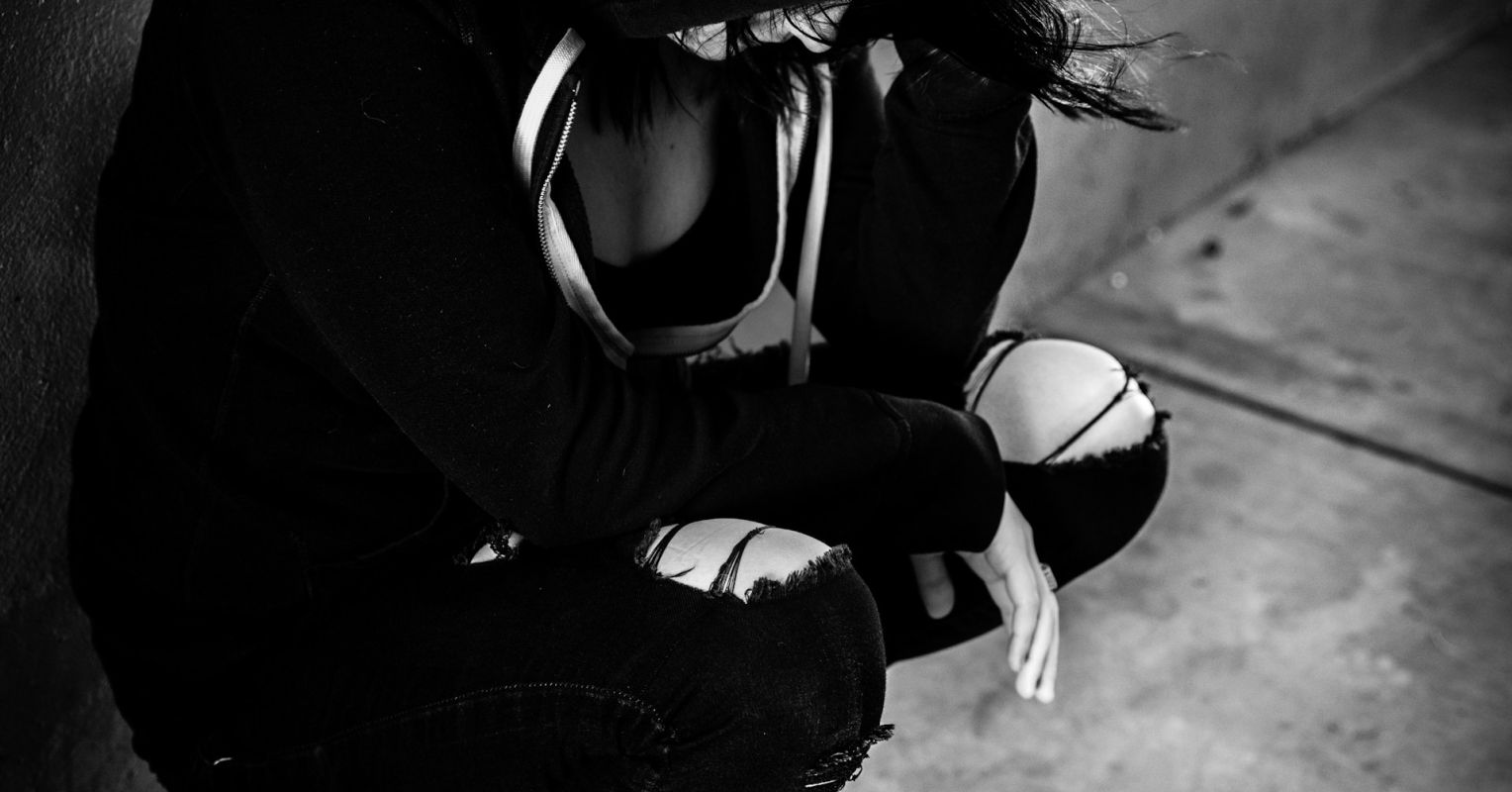
The term “relational” is often used to refer to romantic relationships. However, relational trauma is much more nuanced and broader than what might occur within the context of a romantic partnership.
Relational trauma can occur within a significant relationship, which can include parent and child, between friends, within the workplace, or between romantic partners. It can stem from repeated exposure to abuse (both physical and emotional), neglect, and/or betrayal within a relationship where there is a power imbalance.
In childhood, this can include attachment trauma: neglect, abuse, or abandonment from a primary caregiver that ruptures a secure bond between the caregiver and child. In romantic relationships, a power imbalance is commonly seen in what’s known as a “trauma bond” between two partners, a negative attachment based on cycles of intermittent positive reinforcement (i.e. the “good times”) followed by cycles of coercive control, manipulation, isolation, gaslighting, and betrayal. These patterns can lull a person into a false sense of security making it much more difficult to leave the relationship.
When unprocessed and unhealed, relational trauma can impede a person’s ability to be fully present and vulnerable. This can result in significant trust issues, being on heightened alert or feeling hypervigilant (i.e. waiting for the first sign of betrayal or abandonment), or limiting the person’s ability to form healthy and secure connections with others.
Arguably two of the most damaging potential outcomes of relational trauma include negative self-image and poor choices in a romantic relationship. It is very common to see a person who has experienced past relational trauma enter into a romantic relationship where the dynamics of their early trauma continue replaying. For example, a person who experienced significant neglect from a dismissive or invalidating caregiver may find themselves with a romantic partner who mirrors these early experiences.
The effects of unprocessed relational trauma can manifest as trauma-bonded relationships, or with diagnoses of severe depression, anxiety, a personality disorder, or complex post-traumatic stress disorder (cPTSD). Relational trauma creates a perfect storm where a person consistently feels unsafe, unseen, and unheard, which leaves them vulnerable to these outcomes.
4 Signs of Unhealed Relational Trauma
The following four signs are not specific to romantic relationships and are commonly seen in any close relationship where a person has a history of unhealed relational trauma. While everyone is unique, some of the more common signs I see in working with clients with significant histories of relational trauma, include the following.
1. Difficulty Trusting
Many with histories of relational trauma have experienced abandonment and betrayal from people they trusted, leaving them with emotional scars. Trust is foundational for all healthy relationships; thus, when someone with a history of prior relational trauma finds themselves in a relationship with a person who proves untrustworthy, it may reinforce their unprocessed trauma.
For example, a person may experience cognitive distortions after a traumatic event in their life where they have now formed unhealthy misbeliefs that toxic relationships are just a “normal” part of life. Others with a history of being narcissistically abused may choose to isolate themselves from making friends or engaging in another romantic relationship as the safer alternative rather than risking trusting someone who may betray them.
2. Difficulties with Vulnerability
A person with a history of relational trauma often learns to push away all vulnerable emotions or feelings and to be hyper-independent. They often have difficulties expressing a need for support or vulnerable experiences out of fears of being judged, rejected, or hurt. As a result, many may push others away and choose to handle things on their own as a safer option than turning to someone for guidance or help.
3. Replaying of Harmful Patterns
Harmful or self-destructive patterns may replay from one relationship to another—such as remaining in an abusive relationship, or choosing partners who are emotionally disconnected and unavailable. People who repeatedly find themselves in relationships where they continue feeling unseen, unheard, or re-traumatized may try to downplay it or dismiss it by turning a blind eye to it.
Others may wrongly believe they can “fix” the original traumatic wound by repeatedly recreating situations within the relationship that trigger it. For example, if a person grew up in a volatile environment that was filled with instability or an excessive amount of arguing, they may pick fights with their partner to test if they still love them during (and after) the argument.
4. Dysfunctional Communication
Unhealed emotional wounds stemming from past relational trauma often impede a person’s ability to express themselves in a healthy way. Some may become emotionally dysregulated and resort to defensiveness, argumentativeness, or insults as a way of trying to feel seen and heard. They may interrupt the other person, make rash accusations, or come to irrational conclusions about things when feeling vulnerable or judged.
Others may resort to shutting down or brushing off disagreements where arguments are left hanging without closure. This can lead to feelings of contempt or resentment and further derail the chance for healthy communication.
Healing from Relational Trauma
While healing from a history of relational trauma is necessary for personal growth, some may not recognize (or accept) that their unhealed traumatic experiences are overshadowing their ability to remain present or vulnerable within their relationships. Some may be unaware of how deeply their emotional scars run, while others may try to minimize or deflect their pain.
Yet by unpacking their traumatic wounds, they can begin to confront their past and how it has shaped their present. Therapy with a trauma-informed psychologist is an excellent way to process past traumatic experiences in a safe space that allows for growth, challenging maladaptive patterns, and teaching adaptive skills that can help foster more secure relationships.
To find a therapist near you, visit the Psychology Today Therapy Directory.
